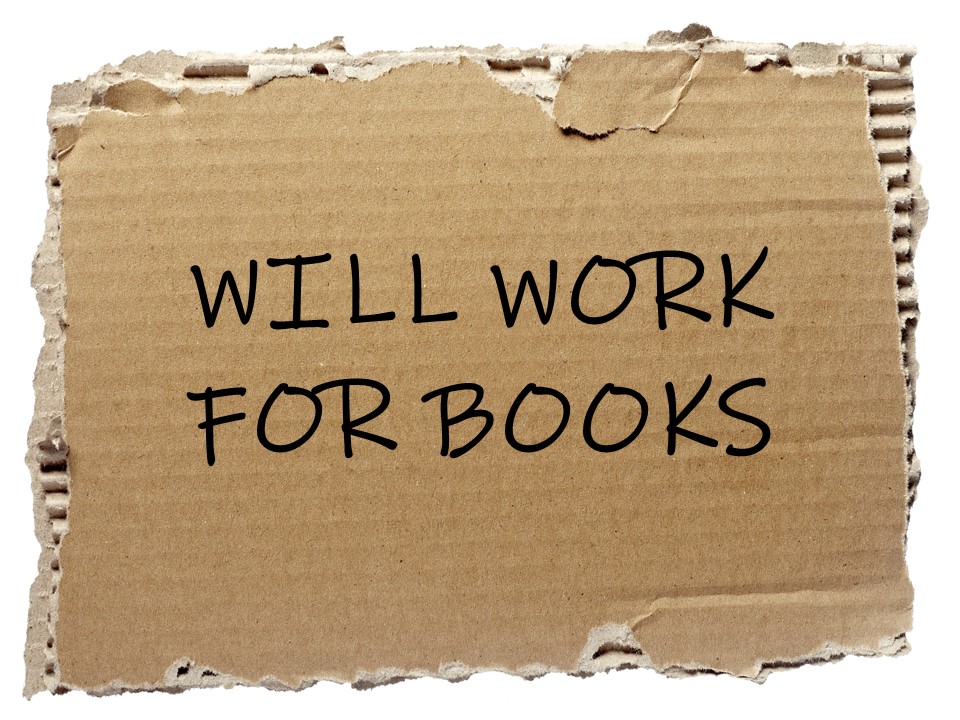I often see people in writers’ groups asking how to get into freelance writing. I’m excited for them, because I know how awesome it is to make some money with your writing. I made the leap to full-time freelancing eight years ago. It was a big leap to let go of a steady job, but it’s been an absolutely amazing experience. I love making my own schedule and being available for my family when they need me. The thing is, I don’t think there’s any one set way to do this. Everyone has likely taken a slightly different path, but I’m happy to share mine.
- Decide what kind of freelancing you want to do: You need at least some sort of direction in which to head before you can start going anywhere. It may evolve a bit along the way, as it certainly did for me, but it’s good to have some goals to work toward. Do you want to be a ghostwriter? Fiction or non-fiction? Are you into editing? Copy writing? Or do you want to create blog posts and articles for magazines and websites? Stick with what you feel is your best strength to start with.
- Build your CV and portfolio: There’s no getting around this step! Clients need proof that you’re worth hiring, and unfortunately that means proving that someone else also thought you were worthy! How you build your CV will depend on your goals, but you can start by submitting stories and poetry to literary magazines or doing work for local businesses who need a little extra help. Another option would be to check with friends who own small businesses to see if they need content or proofreading. You can find more information about building your CV here.
- Brush up on your skills: It’s always a good idea to refresh your brain, especially when you’re trying to impress someone. There are TONS of books out there that will help with grammar and punctuation, formatting, and sentence structure, but there are also plenty about the art of writing itself. I find these to be particularly inspiring! Some of my favorites are Plot and Structure by James Scott Bell and Writing Down the Bones by Natalie Goldberg.
- Find clients: It’s finally time to put yourself out there and make some money! There are lots of places to find clients, but you have to go out there and look for them! This is perhaps one of the hardest things for us writers, because we tend to be a little introverted and we don’t always like selling ourselves. You can check out this post about finding freelance clients for more detailed information. Make sure when you’re putting in a bid for a job that you follow all the submission guidelines.
- Stay Organized: Getting those freelancing gigs means keeping track of deadlines, notes, and client information. It means managing your time and staying focused. You’ll also need a place to work, which is often one of the biggest challenges for busy parents. How all of this comes together is going to be different for everyone. Digital planner or paper? Work from home or sneak off to the coffee shop? Freelance in your spare time or dive in with both feet? There are a lot of little decisions to be made, and you may have to try a few things to see what works best for you. Check out Tips for Starting a Freelance Business and Tips for a Successful Freelance Business.
I really didn’t know what I was doing when I first started freelancing. I never imagined it would lead to being a ghostwriter and supporting myself while working in sweatpants with a dog snoring at my feet. I hope that you find success in freelancing, whatever that looks like to you!
Be sure to check out my Writers’ Resources page for lots of great information on writing!
***
Ashley O’Melia is an independent author and freelancer from Southern Illinois. She holds her Bachelor’s Degree in Creative Writing and English from Southern New Hampshire University. Her books include The Wanderer’s Guide to Dragon Keepingand The Graveside Detective. Her short stories have been published in The Penmen Review, Siren’s Call, and Subcutaneous. Ashley’s freelance work has spanned numerous genres for clients around the world. You can find her on Facebook and Amazon.
As an Amazon Associate I earn from qualifying purchases. Please consider using my links to do your shopping and help me out at no extra cost to you!








